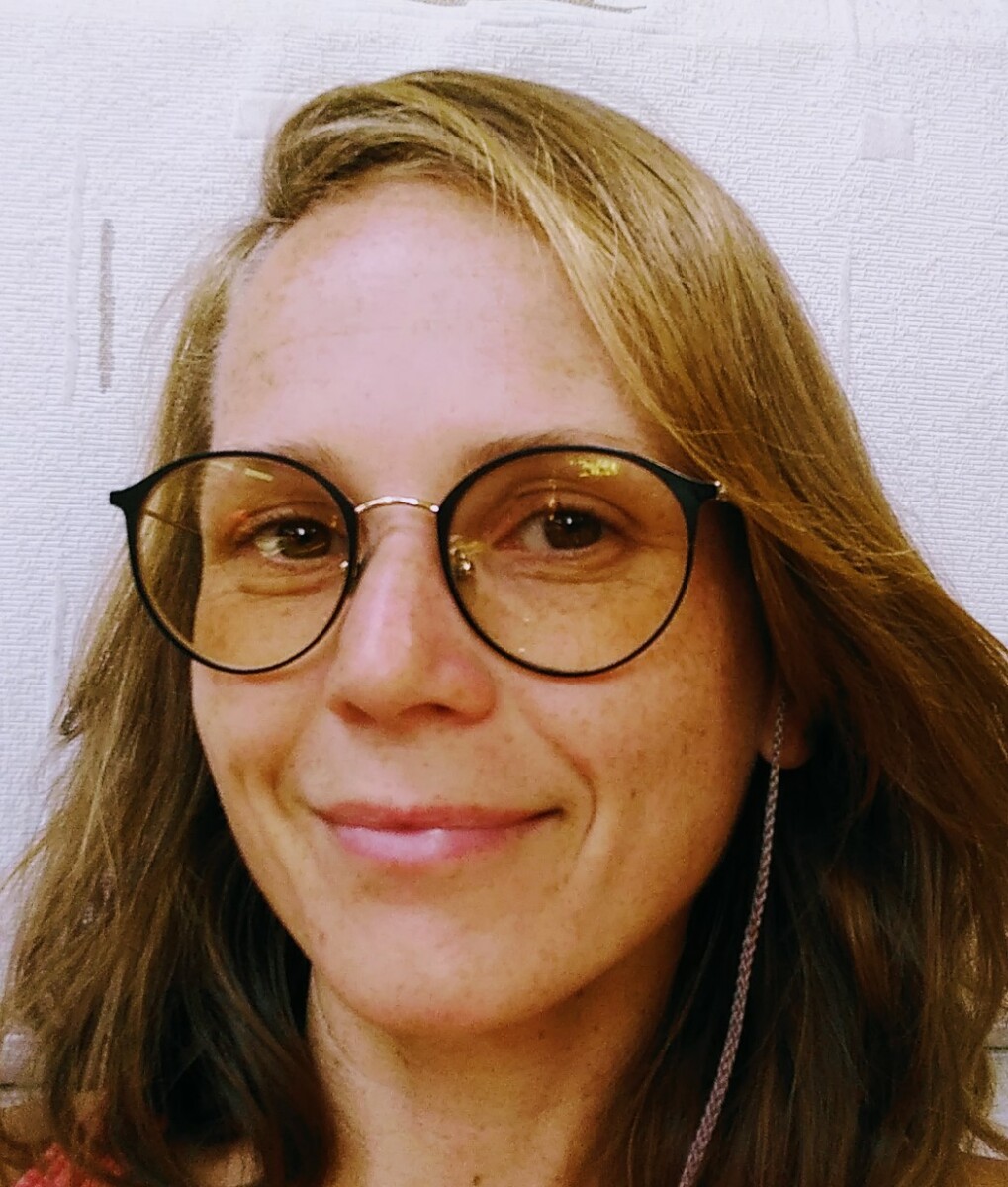Summary :
How can we train students for emerging issues in a context of climate, environmental and social change? What place should be given to this complex, sometimes controversial and anxiety-provoking subject in an occupational therapy training programme?
This article documents the current state of the context and the educational needs. It questions the role of occupational therapists in the ecological transition. It presents a teaching programme proposed at the training Institute for occupational therapists in the Reunion Island, “Institut régional de formation en ergothérapie” (IRFE), which includes the workshops “La fresque du climat”, “Making a Bluetooth speaker from recycled materials” and then writing an occupational analysis according to the model of human occupation (MOHO), the environmental impact of occupation and the links between climate, environmental and occupational justice.
These educational activities are then evaluated on the basis of quantitative and qualitative feedback from the students and the needs identified. They allow the understanding of climate change, the links with health and occupations, the expression of emo-tions, the proposal of ecoresponsible occupations, the experimentation of upcycling activities in an occupational environment of circular economy. These activities also allow the analysis of an occupation, its environmental impact and the understanding of cli-mate, environmental and occupational justice. The levers for the occupational transition in relation to the ecological and social tran-sition are identified in order to consider an eco-responsible occupational therapy practice.
This education program mainly meets the identified needs and will continue to evolve. In the context of a reform of the occupational therapy studies, it is important to give a significant place to such teaching and learning.
Cet article est payant !
Je suis abonné, je m’identifie ci-dessous.
Je ne suis pas abonné, j’achète ici
Article rédigé par :
-

Sophie Domenjoud
Ergothérapeute DE
Responsable pédagogique
Institut régional de formation en ergothérapie (IRFE), La Réunion
Membre R2DE
sophie.domenjoud@asfa.re
sophiedomenjoud@gmail.com

